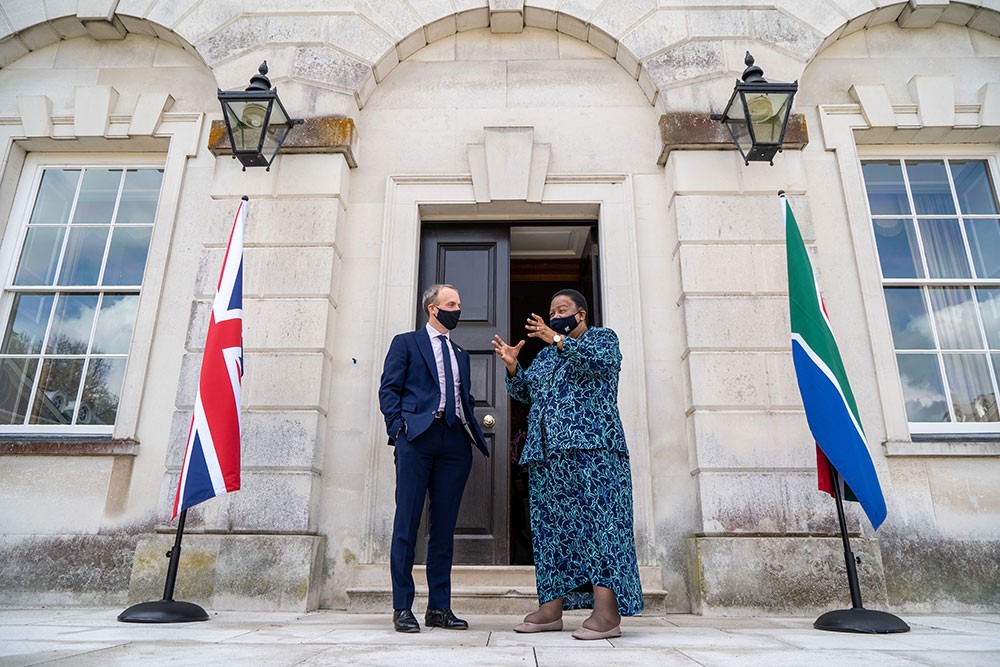
Drought and bushfire have put climate change front of mind for many individuals and corporations. Bruce Gilkison CA, who has worked internationally as a sustainable business adviser from his home in New Zealand, says climate change isn’t just an environmental issue, it’s an 'everything issue'.
'This is going to affect the economy, health, mental health, water, food production, biodiversity and infrastructure,' he says. 'And it’s going to lead, in some way, to increasing conflict in unpredictable ways.'
Gilkison believes accountants can lead the battle against climate change by informing their clients and the corporations they work for about climate-based accounting.
Accountants have been following some rather old rules and it’s time for a revamp
Jane Gleeson-White, author of the seminal book Six Capitals, thinks the same way. 'I think accountants and corporations have a role [because] corporations are now the largest economic agents on the planet, and they have the power to curtail their activities and radically change their activities to reduce carbon emissions,' she says.
Accountants are the people who incorporate measures of value into the global financial system, and they are in a position to reconsider what is given value, she argues. This means moving from a simple bottom-line approach towards a broader conception of value, including the uncounted value of the natural world.
Accounting needs storytellers
Gilkison says accounting isn’t simply ticking boxes and filling in figures. Instead, it’s about telling a story and describing what is happening – in this case, climate change – in a fair way.
'As accounting professionals, we need to be talking in a much broader, and "further into the future", way about serious things that are happening now,' he says. 'Accountants have got great brains [but] they’ve been following some rather old rules and it’s time for a revamp.'
If the C-suite respected the environmental value of their company in the same way as the bottom line, it would be revolutionary
Accountants need to educate boards and management about the value of the natural world, and incorporate that into the overall accounting picture via integrated accounting.
'If the C-suite respected the environmental value of their company in the same way as the bottom line, and were forced to consider it in their decision-making, then it would be revolutionary,' says Gleeson-White.
She says several companies, including NAB, ANZ and Lendlease, have already started to take environmental factors into their decisions.
'The way to go about introducing these ideas is to start having conversations,' says Gleeson-White. 'It’s all about raising these ideas, these other sorts of values, and then working to have them taken into consideration in accounting.'
Find out more
Download the ebook Six Capitals: Capitalism, climate change and the accounting revolution that can save the planet from the CA ANZ library
See also 'Adding value through ESG'
Find more CA ANZ articles in its magazine Acuity



